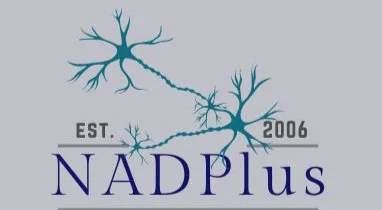NAD+ and its Crucial Role in Addiction Recovery
Within the realm of addiction recovery, scientists are delving into innovative pathways to understand and address substance dependence. One intriguing avenue of research revolves around Nicotinamide Adenine Dinucleotide (NAD+), a vital coenzyme deeply involved in cellular processes, especially within the context of the Krebs cycle and ATP production. Exploring NAD+'s potential in addiction recovery unveils a promising scientific frontier.
NAD+ stands as a cornerstone molecule found in all living cells, playing a pivotal role in energy metabolism. Its involvement in redox reactions and its impact on the Krebs cycle—a crucial pathway in cellular respiration—underscore its significance in providing energy currency, ATP, essential for cellular function.
Beyond its fundamental biochemical roles, recent studies have illuminated NAD+'s influence on various physiological processes, including those implicated in addiction.
The complexities of addiction involve intricate neurobiological mechanisms, often affecting brain reward pathways reliant on dopamine signaling. Substance abuse induces alterations in these pathways, reinforcing addictive behaviors. NAD+ emerges as a potentially influential factor in this scenario, as it regulates gene expression, DNA repair, and mitochondrial function, thereby maintaining the equilibrium of these critical pathways.
Addiction commonly depletes NAD+ levels, creating a cellular imbalance that perpetuates addictive behaviors. Replenishing NAD+ levels through precursors like nicotinamide riboside (NR) and nicotinamide mononucleotide (NMN) presents an avenue for intervention. Studies using these precursors in preclinical models have shown promise in restoring NAD+ levels and potentially mitigating addictive behaviors.
NAD+ therapy's role in managing withdrawal symptoms, a significant hurdle in addiction recovery, has garnered attention. Withdrawal often induces intense cravings and physical discomfort, impeding progress. Current research suggests that NAD+ therapy aids in easing withdrawal symptoms, potentially facilitating the initial stages of addiction recovery. Addiction's complexity, influenced by genetic, environmental, and psychological factors, requires a comprehensive approach to treatment, and NAD+ therapy is an excellent complement to a multi-pronged treatment model.
Delving into NAD+'s role in addiction recovery opens a captivating scientific frontier. Its centrality in cellular function, particularly its connections to the Krebs cycle and ATP production, ignites hope for innovative strategies in addressing substance dependence.

